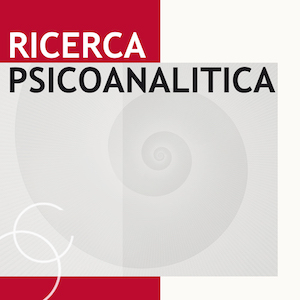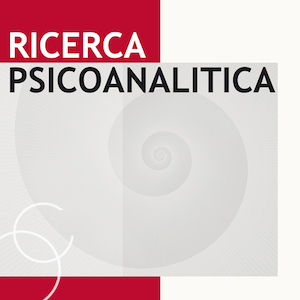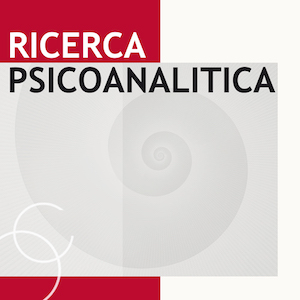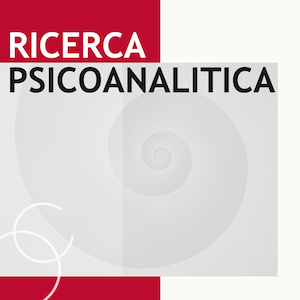Scritti
V. 36 N. 2 (2025)
Il fenomeno dell’individuazione nella psicologia junghiana e i test di personalità
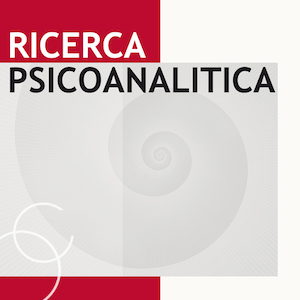
Publisher's note
All claims expressed in this article are solely those of the authors and do not necessarily represent those of their affiliated organizations, or those of the publisher, the editors and the reviewers. Any product that may be evaluated in this article or claim that may be made by its manufacturer is not guaranteed or endorsed by the publisher.
All claims expressed in this article are solely those of the authors and do not necessarily represent those of their affiliated organizations, or those of the publisher, the editors and the reviewers. Any product that may be evaluated in this article or claim that may be made by its manufacturer is not guaranteed or endorsed by the publisher.
##plugins.generic.dates.received##: 4 ottobre 2024
##plugins.generic.dates.accepted##: 9 dicembre 2024
##plugins.generic.dates.accepted##: 9 dicembre 2024
429
Visite
233
Downloads








